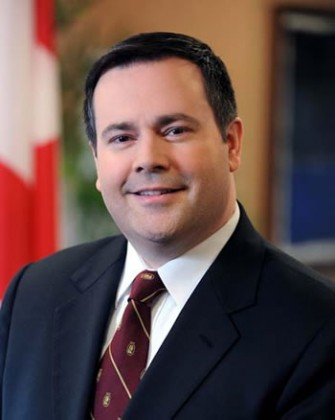Foreign Musician Fee Fracas: It’s not the end of the world
Posted on August 29, 2013 By Mike Ross Entertainment, entertainment, Front Slider, Music, News, news, Politics

Scene from the LMO-exempt Starlite Room
What’s a guy gotta do to get an LMO exemption around here?!
There’s a good pick up line next time you’re in your favourite local bar or coffee shop – where you probably be seeing a lot more true blue Canadian live music now that sneaky government fees on foreign workers have been imposed.
Employers are now responsible for the $275 per foreign worker that must be paid as part of the “Labour Market Opinion” (LMO) regulation meant to protect Canadian employment – and this applies to foreign musicians in bars, too. In the words of one Canadian promoter, “It’s a deal breaker. It really fucks these bands over.”
The fees quietly went into place on July 31, according to a recent Calgary Herald story – and just about everybody in the music business is pissed off. Alberta Music Industry Association president Chris Wynters even said he thinks it’s an oversight, “I’m sure it will be reversed quickly.”
Others aren’t so sure.
“I get it. I understand what they’re trying to do, but the process they put in place makes absolutely no sense – especially for the small business,” says Grant Paley of Winnipeg’s Paquin Entertainment. He and others complain they had no advance notice of the change, no time to prepare for what will now become prohibitively expensive shows. Tours have already been rerouted, shows cancelled. The general feeling in the Canadian music scene, to judge from social media this week, is that the government doesn’t have a clue how show business works.

‘I think employers should pay the admin costs for inviting temporary foreign workers to CDA, not taxpayers.’
Another Change.org petition going around has so far drawn more than 80,000 signatures, directed at Canada’s Minister of Employment, Social Development and Multiculturalism Jason Kenney, whose Twitter feed has been hopping. In one tweet defending the move, he pointed out that the $275 fee was actually already in place: “I think employers should pay the admin costs for inviting temporary foreign workers to CDA, not taxpayers.”
This might not be as horrific as some people fear. In Edmonton, operators of some of the top live music venues claim to be LMO-exempt, including the Pawn Shop, the Starlite Room, Wunderbar and the Artery. While they all derive income from alcohol sales, they are considered “special events venues” that are only open for concerts.
Wunderbar manager Craig Martellica says he rarely has foreign acts in his club anyway. “This doesn’t really affect me much,” he says. “Even with the old system the border was a pain in the ass enough, so you were like, why bother?”
The pickle may come with restaurants that make all their money on food and also feature international “developing” acts, such as the Blue Chair Café, and in Calgary, the Palomino Club (the analog to the late Sidetrack Café in Edmonton), whose owner complained bitterly to the Calgary Herald, “Concert promotion at this level is in itself a high-risk occupation. So this has just put it through the roof.”
There are a lot of exemptions. “Concert venues” are exempt, as are festivals, theatres, comedy clubs, shopping malls, sports arenas, bingo halls and casinos – as long as it’s not inside the casino cafe. What is being specifically targeted, according to the regulation, is any “bar, restaurant or similar establishment.”
But who gets to say what is what? For your convenience, it’s all there in new edition of the Government of Canada’s Foreign Worker Manual: “For the purpose of determining whether a venue is a bar, restaurant or similar establishment, officers may consider the following indicators …
– hires performers primarily to attract customers who will purchase food and drinks. The primary function of the business is the sale of food and/or beverages;
– may require a cover charge or sell advance tickets for a particular performance;
– is open to serve patrons both before the performance and afterwards.
“A ‘bar, restaurant or similar establishment’ may offer live, non-live, or a combination of live and non-live entertainment to its patrons. Non live entertainment normally includes the work of a disc jockey, but exceptions may be made for ‘star’ performing DJs. A venue may still be considered a bar, restaurant or similar establishment even though it primarily offers live entertainment.”
Clear enough?
So will this mean less American bar bands? More work for Canadian bands? More “concert venues?” Could this be a good thing in the long run? Or – like Canadian content regulations – a bad thing?
Art Szabo, booker for the Starlite Room echoes the feelings of a lot of music business people, “My personal opinion is this is devastating to the Canadian independent music scene, the reason being it closes a lot of doors for tours and developing artists from down South to be exposed to Canadian fans. Clubs just simply won’t be able to afford it … this also puts a lot of independent promoters and buyers of tours in a hard position and the ones who do continue will be extremely picky – less culture, more mainstream.”
The most powerful law of all is the law of unintended consequences, and no one, not even Jason Kenney, knows exactly is going to happen. As they say about Edmonton, it’s not the end of the world – but you can see it from here.













